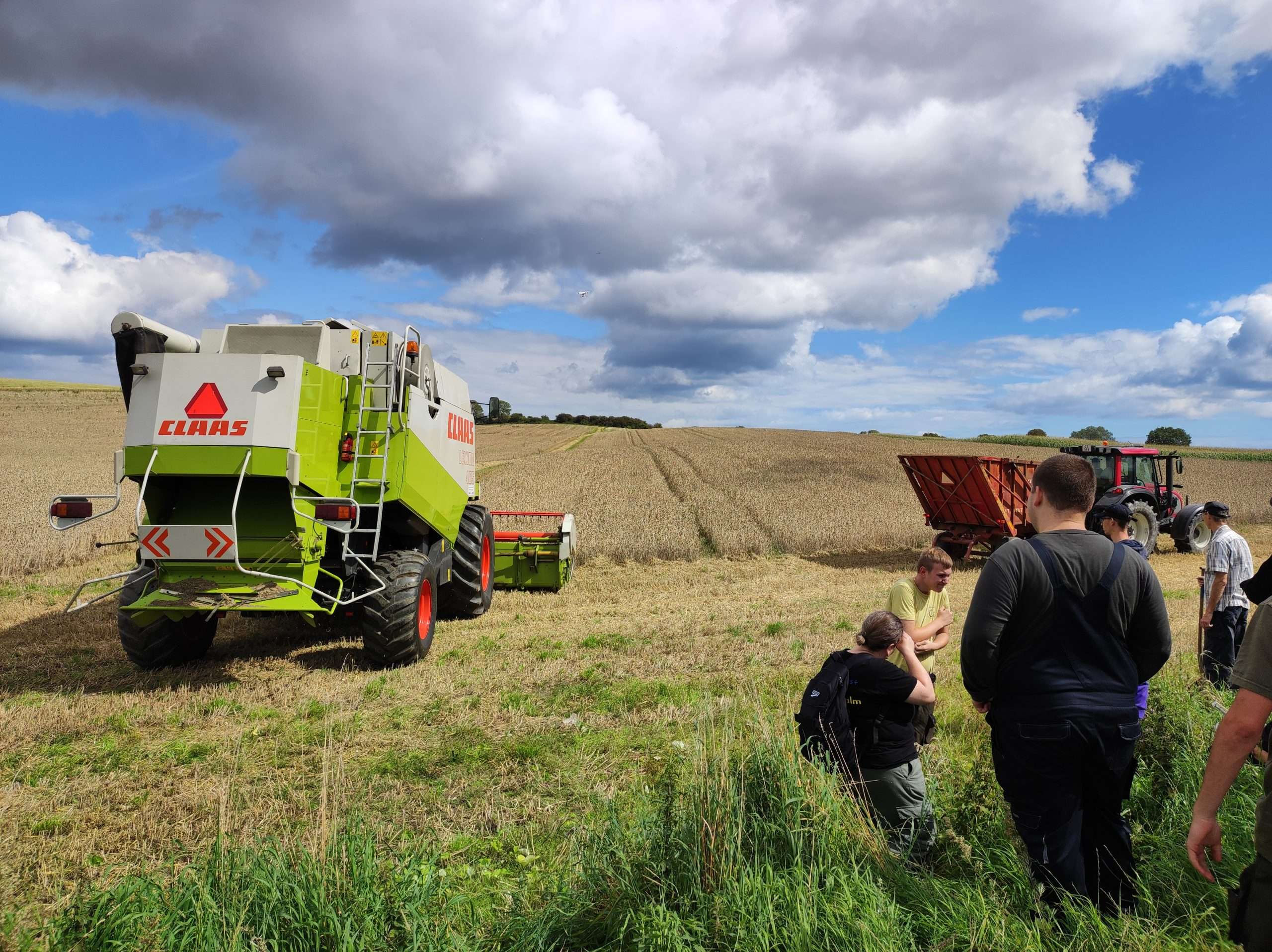Within the framework of the Erasmus+ vocational accreditation project of the Central Hungarian Agricultural Vocational Training Centre (KMASzC), the mobility of 232 students, 51 escorts, 100 staff and 6 invited experts was realized.
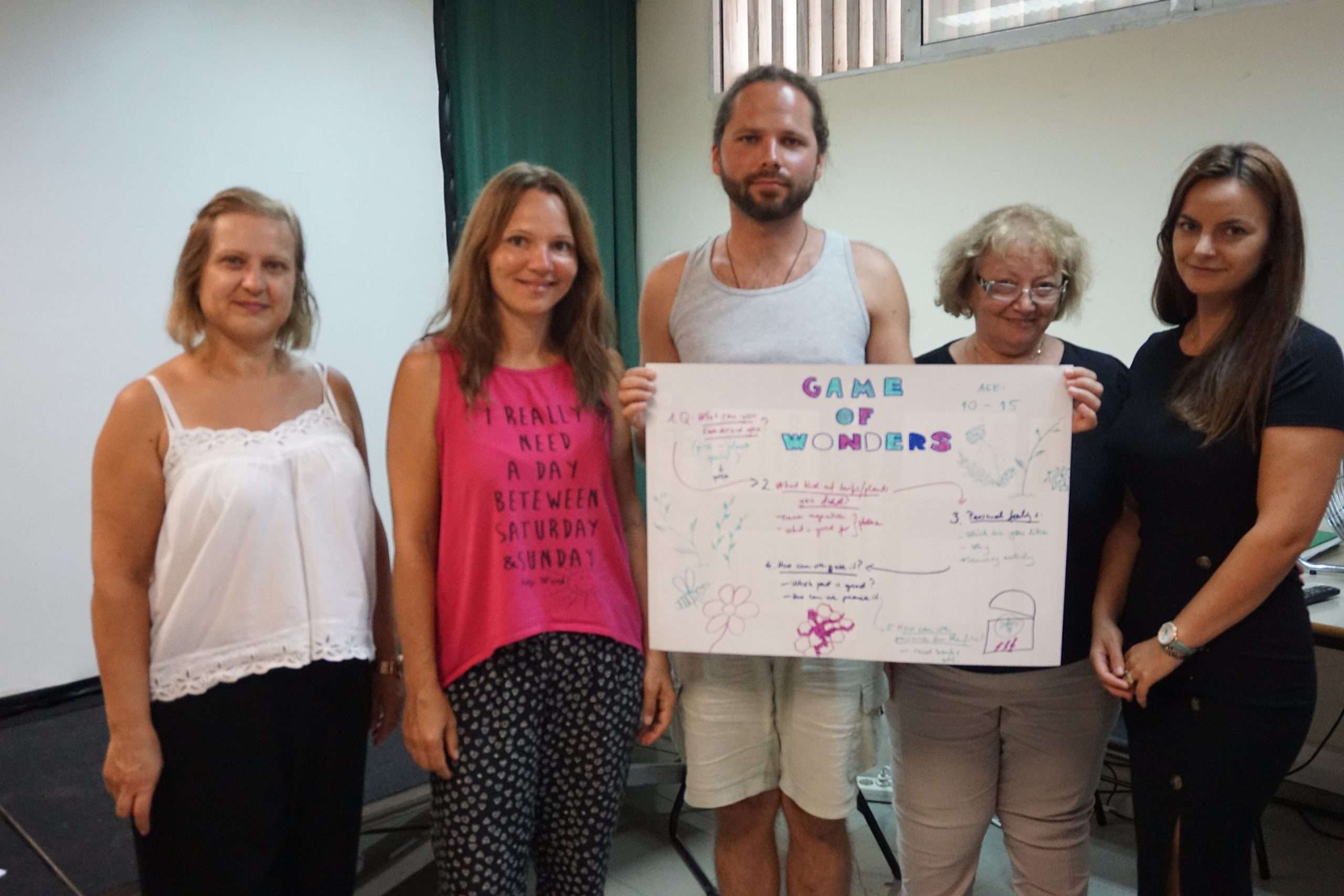
The students and staff of the 11 KMASzC schools participating in the accreditation consortium have been actively using the opportunities offered by the Erasmus+ program since the centre’s establishment in 2020, thus gaining international experience and lifelong experiences that they can use in their studies, work and in the internationalization of the institution.
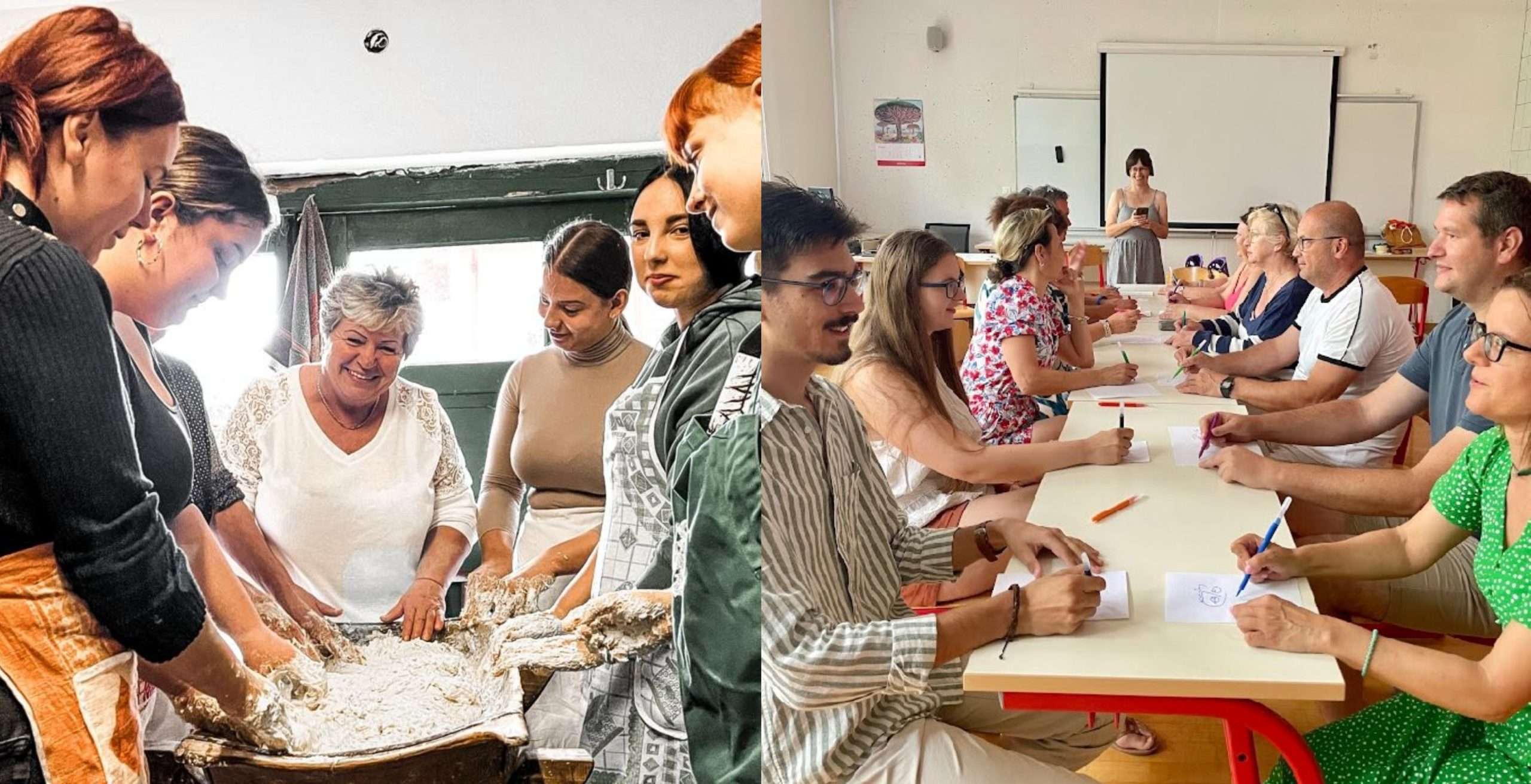
In 2023, three of the participating schools won the opportunity to participate in the European Parliament’s “Ambassador School” program, which allows them to share their knowledge about the European Union more widely, thus helping to prepare participants as diversely as possible for foreign programs.
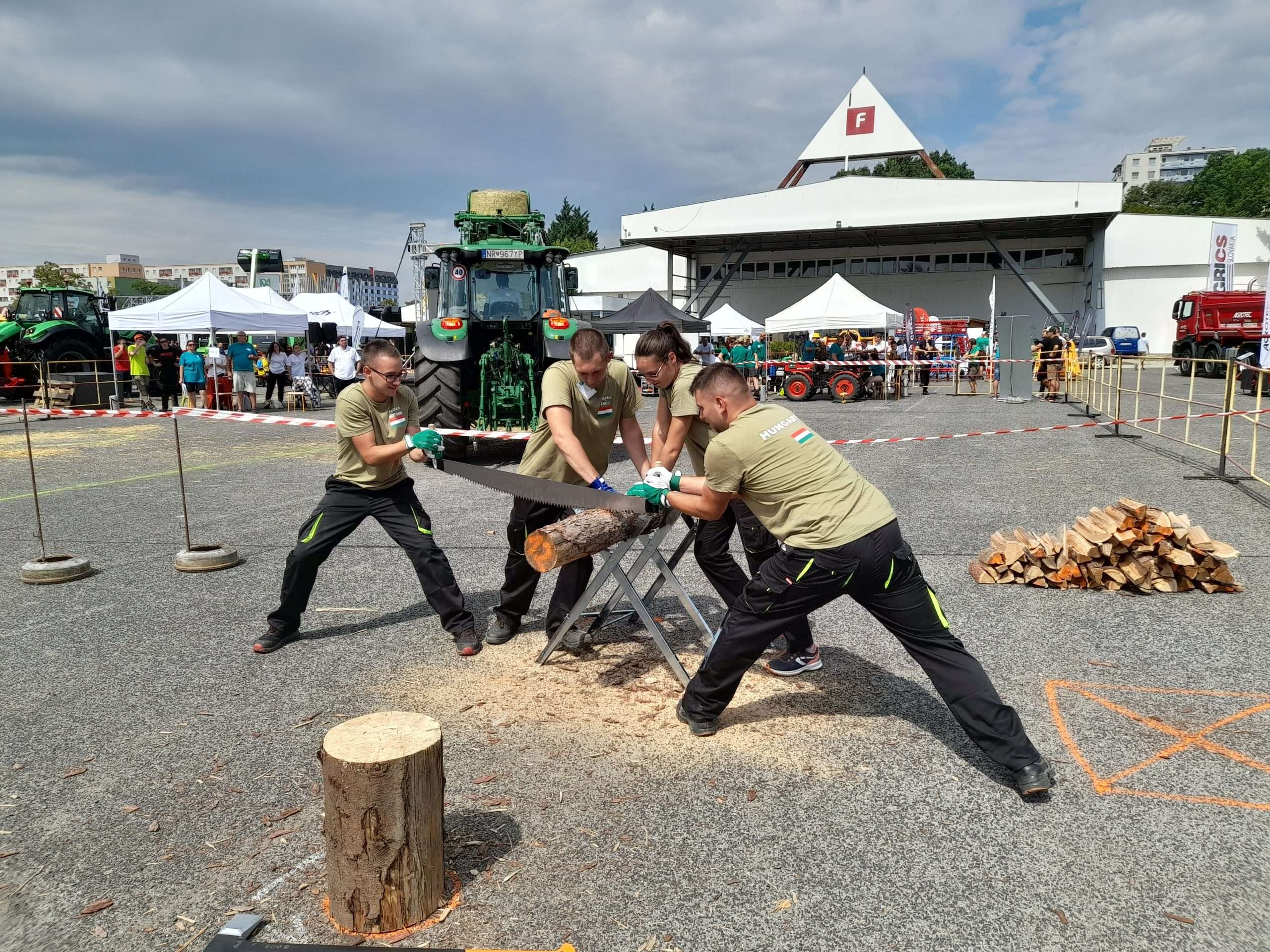
In the recently closed project, a very high number of those with fewer opportunities (23%) were involved, who required extra attention during the program due to some chronic health problem or learning difficulty. Of the 338 participants, 275 implemented blended mobility, taking advantage of virtual preparation, preliminary acquaintance with the program and the partner, thanks to which 92.04% of the participants felt that they were fully prepared for foreign mobility.
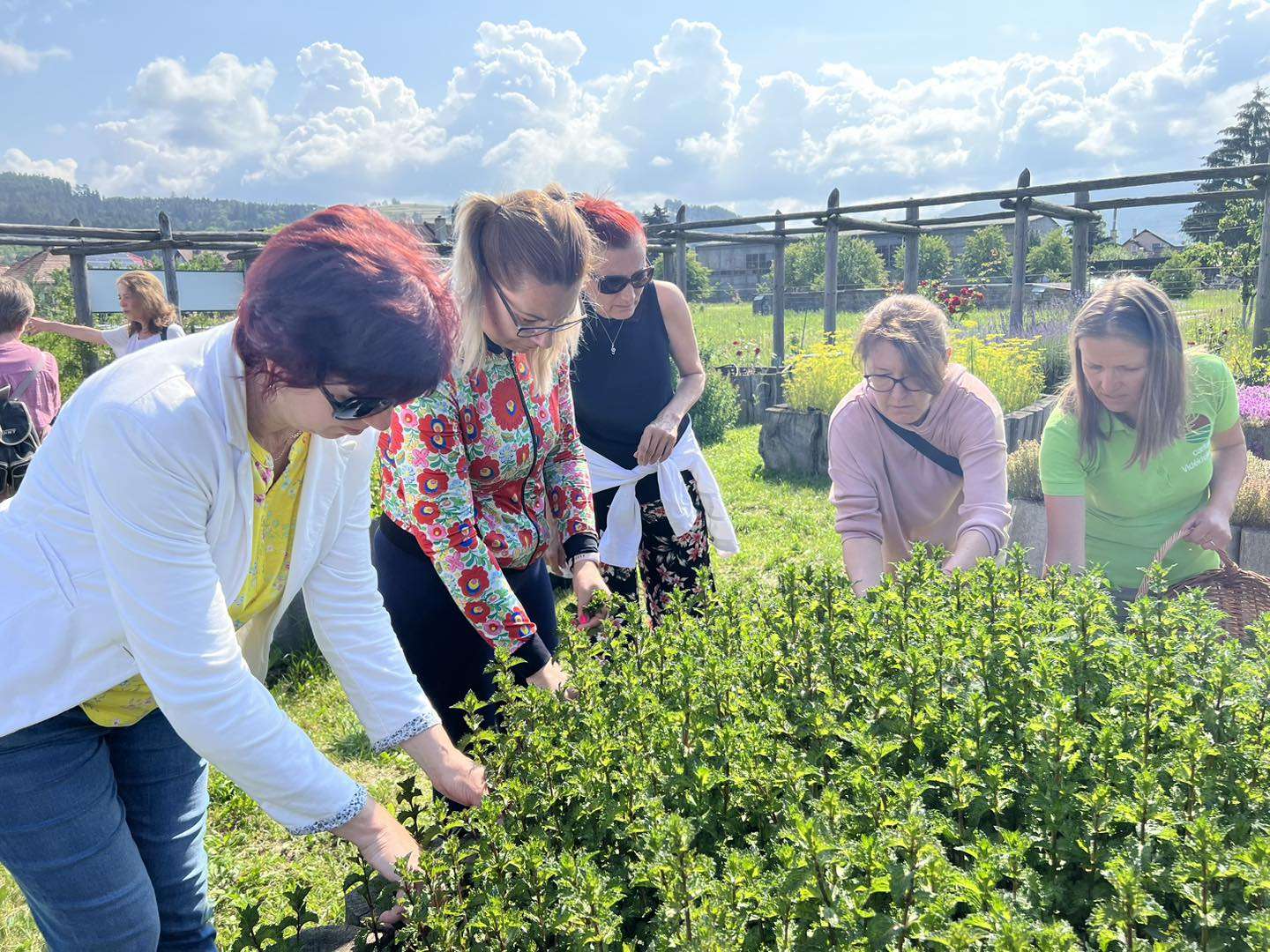
One of the students highlighted the following in his report:
“I have developed a lot as a person during our stay abroad. My perception has changed a lot, I started to see things around me as an adult. We were surrounded by wonderful people, with a lot of love. I enjoyed every moment of the mobility.”
The colleagues were 99.38% satisfied with the quality of the staff courses, which means that the 64 participants acquired skills that they can use to develop everyday education. Both students and colleagues report on the good practices acquired on foreign programs, so the number of applicants is increasing significantly year by year.
“It was very useful to see another educational profile, to get an insight into a specific student activity. It was extraordinary to exchange experiences with colleagues from different countries. It also highlighted the areas where development is possible and necessary.” – said a teacher participating in the program.
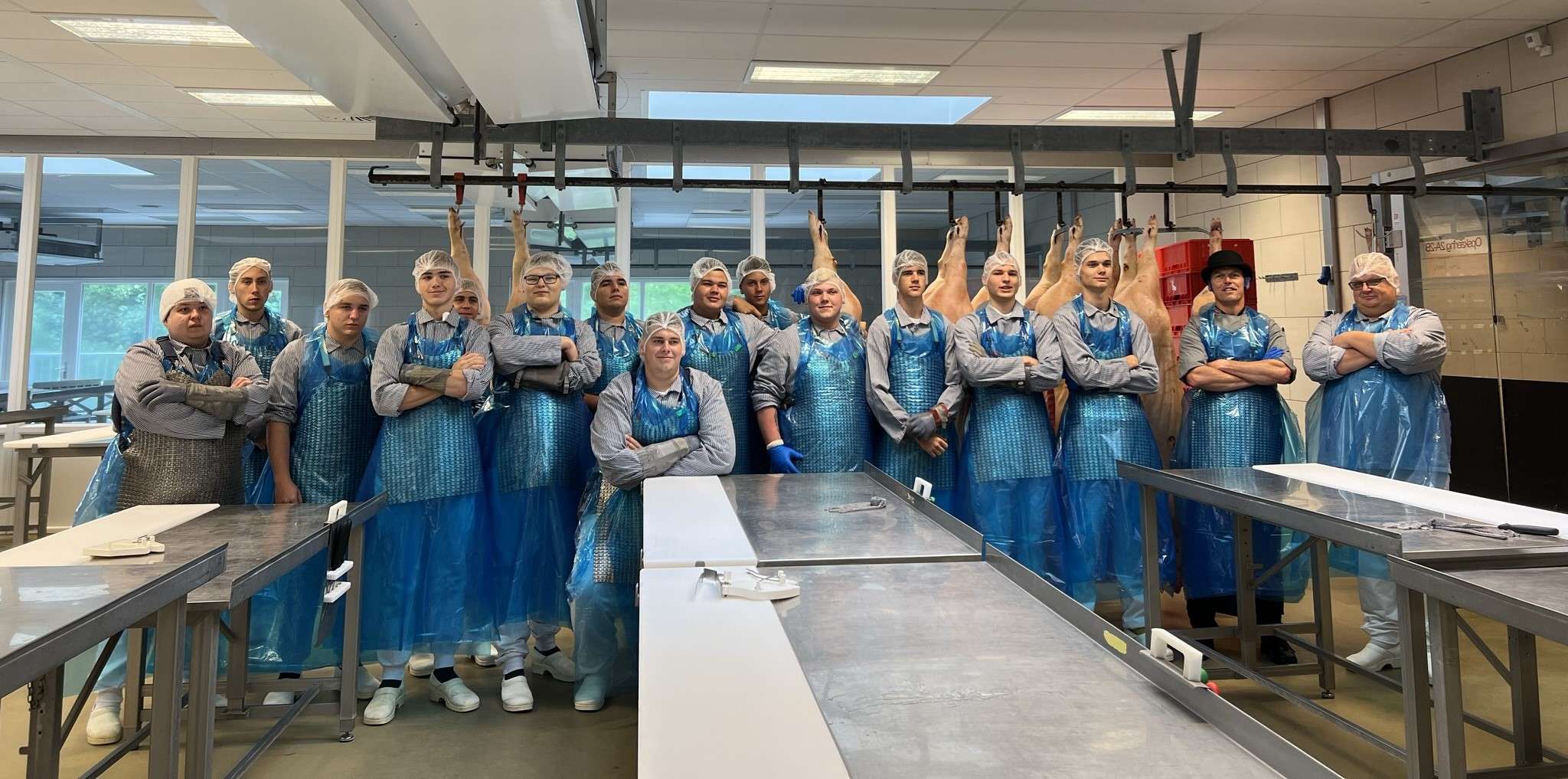 This year, the Erasmus plan established in 2020 was also evaluated, in which the achievement of the three defined objectives is continuous and progressing according to plans:
This year, the Erasmus plan established in 2020 was also evaluated, in which the achievement of the three defined objectives is continuous and progressing according to plans:
- Providing modern vocational training with the help of international practices.
- Development of international collaborations.
- Continuous development of the professional and personal competencies of the participants with the help of foreign experiences.
Within the framework of the project, the centre cooperated with 42 organizations, including companies, vocational training institutions, professional organizations, training organizers, and the mobilities were realized in 21 countries. Most of them travelled to Denmark, as KMASzC maintains a long-term relationship with an agricultural and a food industry school and has been working with them for many years. The target countries also included Iceland and Switzerland, where it has been possible to implement the Erasmus program since 2021, despite not being an EU member state.
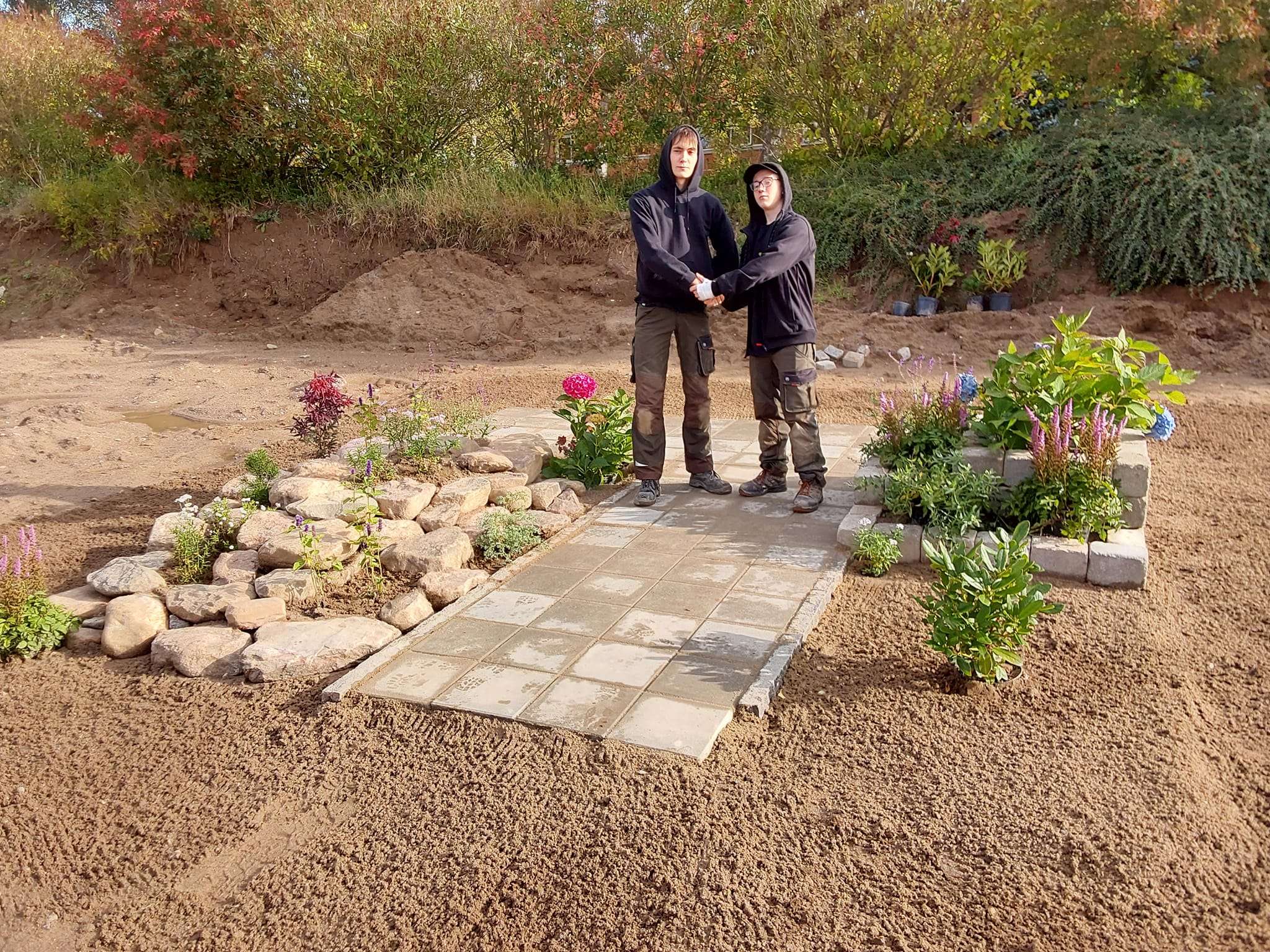
There are students who cannot cope in a foreign language at a practice place due to some learning difficulty. For them, we organize shorter programs in Transylvania, where they can develop their professional skills. This is also an excellent opportunity to strengthen our relationship with the Hungarians abroad within the framework of the tender, which is becoming increasingly popular among staff and students.
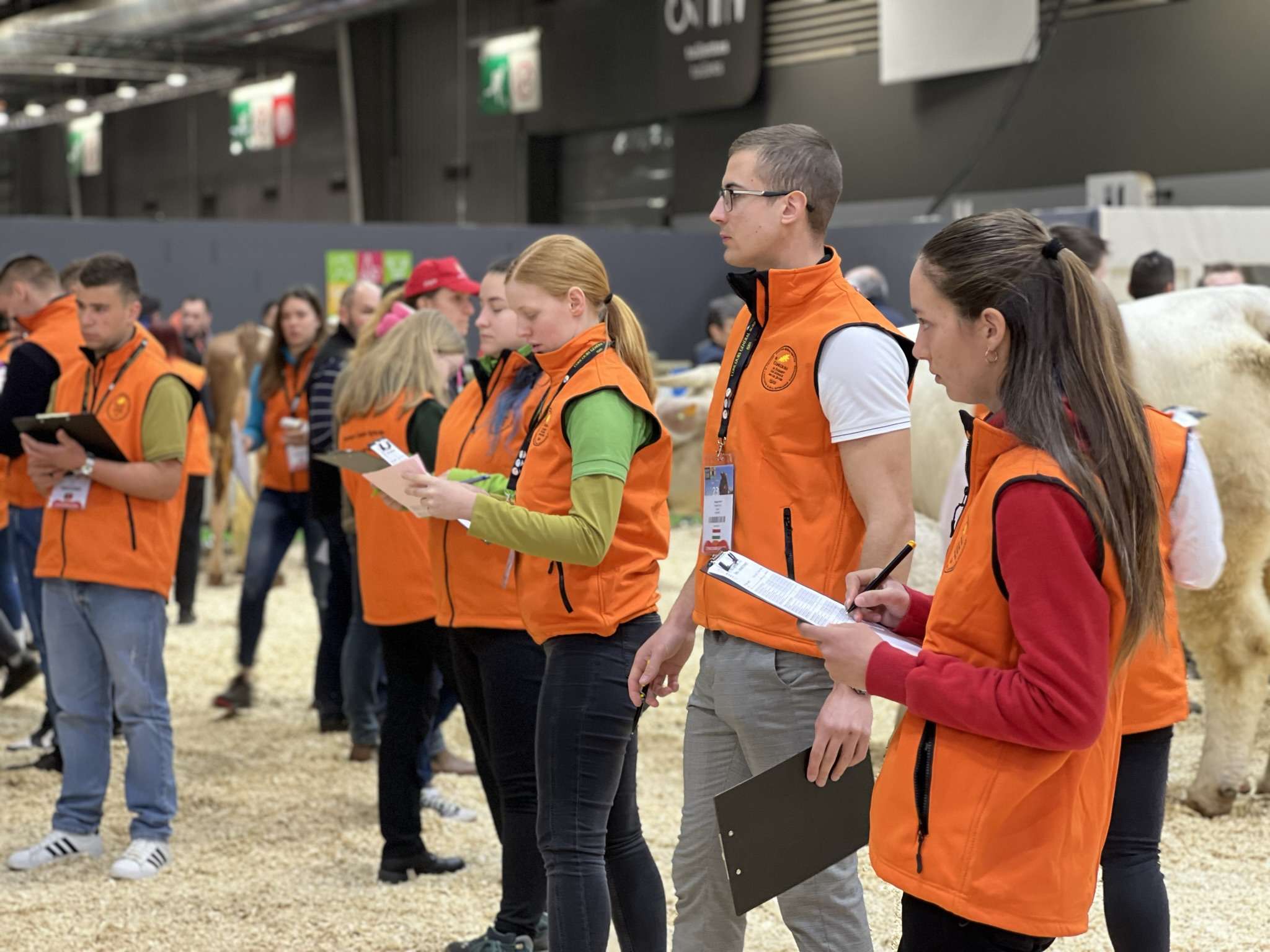
It should also be highlighted that 97.83% of those who implemented mobility felt that they were warmly welcomed and integrated well at the host organization/institution. 80 participants in the program, used sustainable transport to get to their destination, which is a significant improvement compared to previous years and also reflects one of the basic principles of Erasmus, environmental sustainability.
Acknowledgements: many thanks to Juci and Tami 🙂
Photos: from Juci
More pictures: EUROPEA Facebook page
